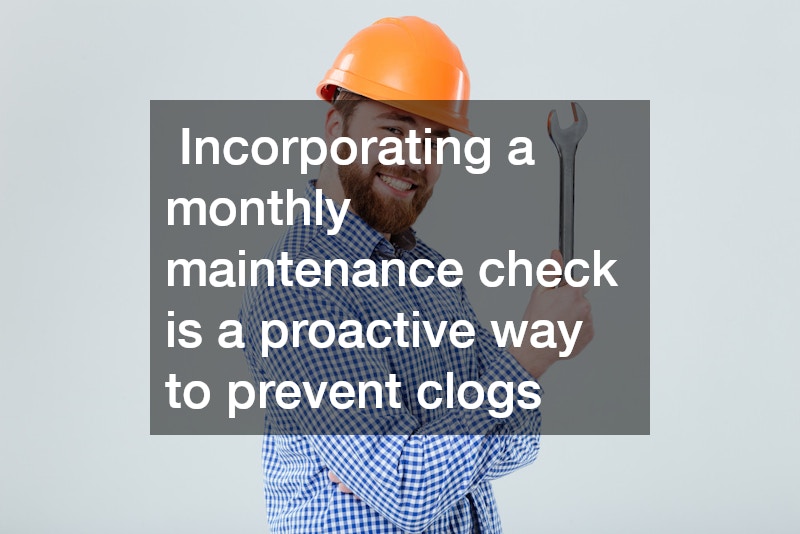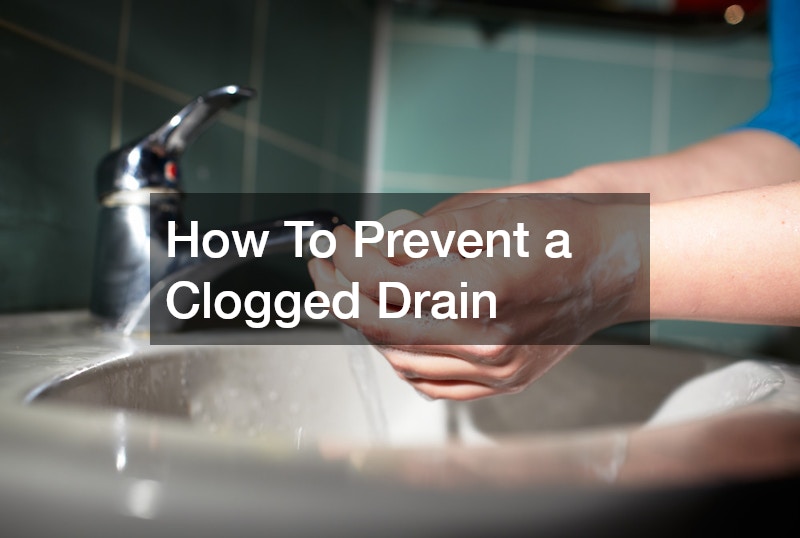Learn effective strategies and tips to keep your drains clear and flowing smoothly. Avoid the hassle and expense of dealing with clogged drains by being proactive with these preventative measures.
What are The Common Causes of Drain Clogs?
Understand how food waste and grease contribute to kitchen drain clogs and how to dispose of them properly. One common mistake is pouring cooking grease down the drain, which can solidify and stick to the pipes.
Instead, allow grease to cool and solidify before disposing of it in the trash, significantly reducing the risk of clogs. Similarly, avoid washing large quantities of food scraps down the sink; use a compost bin or trash can for disposal. This practice not only helps in preventing clogs but also supports organic waste recycling, which is beneficial for the environment. Recognizing these habits will save you from the frustration and potential damage of blocked drains.
Explore how hair and soap residue lead to bathroom drain blockages and the best ways to manage them. Hair is notorious for clumping together and forming a net that catches other debris. Using a mesh screen or hair catcher over the drain can effectively prevent such buildup and allow water to flow freely. Over time, soap tends to harden, contributing to the blockage and often clinging to hair. Switching to a soap-free body wash or liquid soap can mitigate this problem significantly. By addressing these issues, you’ll notice a consistent, smooth drainage experience.
How Often Should You Clean Your Drains?
Learn the importance of regular drain cleaning and effective techniques to maintain clean drains. Incorporating a monthly maintenance check into your schedule is a proactive way to prevent clogs. This involves using hot water and natural cleaning solutions like baking soda and vinegar to keep drains clear. By doing this consistently, you reduce the likelihood of severe blockages. Routine maintenance helps extend the life of your plumbing systems, ultimately saving on costly repairs. Learning and implementing these techniques can make a significant difference.
Identify the warning signs that your drains require cleaning to prevent future blockages. Slow draining water is a clear indication that a clog may be forming. Unpleasant odors coming from sink drains also suggest a buildup of debris that needs immediate attention. Ignoring these signs can lead to complete blockages that require professional intervention. Regularly observing your drainage efficiency can help mitigate bigger problems. Being attentive to these indicators is a crucial step in maintaining good drainage health.

What Tools And Products Are Effective for Preventing Clogs?
Find out how using drain strainers or covers can prevent debris from entering the pipes. These devices are inexpensive yet highly effective at catching debris before it reaches the pipes. They come in various sizes and materials, are suitable for different types of drains, and can be easily installed. Regularly cleaning the strainers ensures they continue to function optimally and prolongs their lifespan. Drain strainers are especially beneficial in households with long-haired individuals or pets. Investing in these can prevent frequent clogs and save you from more extensive issues down the road.
Explore various cleaners available, their pros and cons, and how to use them safely. Natural cleaners like baking soda and vinegar are eco-friendly and safe for regular use. Chemical cleaners are powerful for stubborn clogs but should be used sparingly to prevent pipe damage. It’s crucial to follow the manufacturer’s instructions to ensure user safety. Regular use of natural cleaners can prevent buildup that causes clogs. By understanding product strengths and intended usage, you can choose the best fit for your home.
When Is It Necessary to Call a Professional Plumber?
Know when a clog is manageable at home and when it’s time to seek professional assistance. If basic intervention methods like plunging or using a snake fail, the issue might be deeper within the plumbing system. Continued water backups, leaks, or water not draining at all are signs that professional help is necessary. Ignoring these signs can lead to water damage or burst pipes, costing more in the long run. Professional plumbers have specialized tools and expertise to address severe clogs. They ensure not only the removal of the blockage but also the overall health of the plumbing system.
Understand the advantages of hiring a professional plumber for serious drain issues. Professionals can quickly identify and resolve hidden problems that homeowners might overlook. They also offer advice on long-term maintenance tailored to your specific plumbing setup. Their involvement can provide peace of mind, knowing that the problem has been dealt with comprehensively. Regular inspections and maintenance by professionals contribute to the longevity and functionality of your entire plumbing system. Overall, their expertise is a valuable resource in maintaining home health.
By following these guidelines and understanding the common causes of clogs, you can keep your drains clear and functional. Stay vigilant with routine maintenance and know when to call for professional help to ensure the longevity of your plumbing system.





